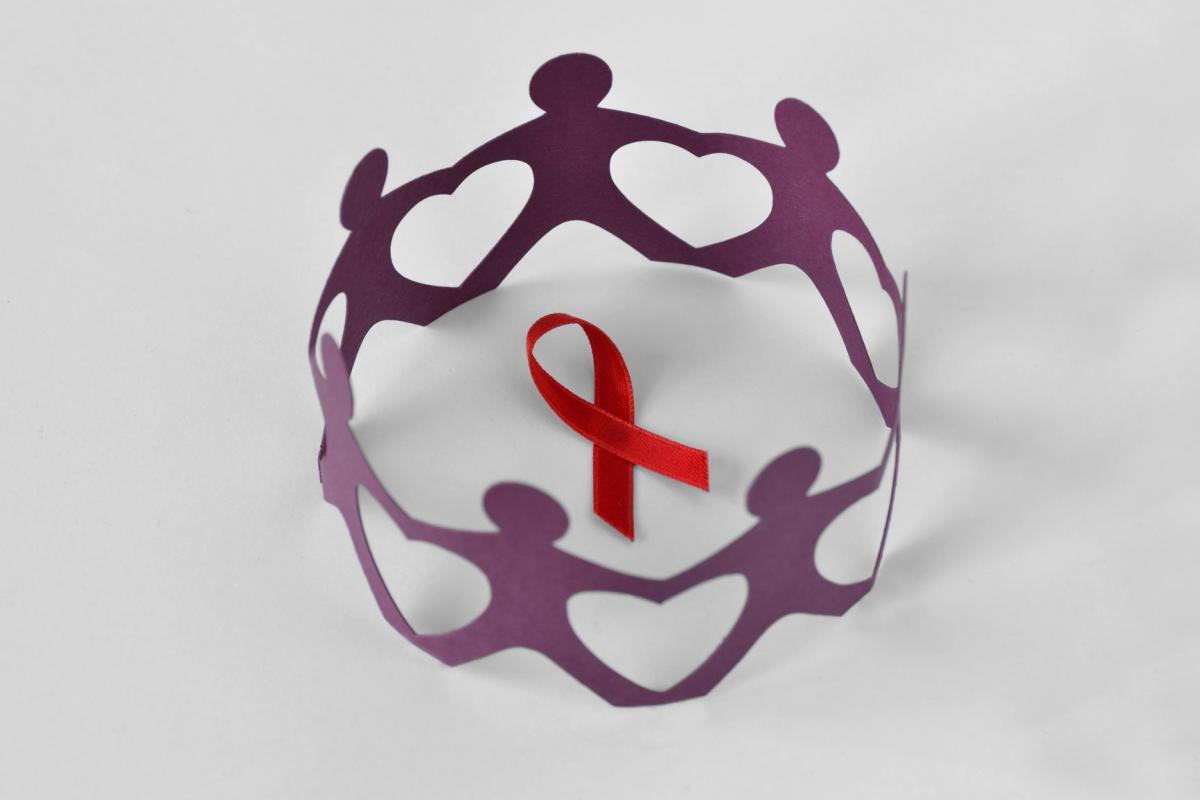Case DiscussionWhat is the legal decision making status of a long-term partner?
How should I facilitate communication between family members?
Who are some other staff members who may be able to help?
How should I deal with any prejudices I may have in this case?
Resolution
What is the legal decision making status of a long-term partner?
Richard, the durable power of attorney is the legal decision maker in this case. The document is a legally binding agreement that states Richard is the final arbiter of all medical decisions once the patient becomes incapacitated. This creates a legal foundation for Richard to keep his role as the final medical decision maker in conjunction with the attending physician while allowing room for discussion with the family on this difficult topic.
How should I facilitate communication between family members?
This is an unfortunate situation for everybody involved. The physician can help diffuse this situation by trying to understand the different perspectives that each of the involved individuals brings to the situation. The family arrives to see their dying son and may be confronted with multiple issues for the first time. First they may be finding out that their son is gay, that he has AIDS, and that he is immanently dying all at the same time. Any of these issues may be a shock to the family, so it is important to keep this perspective in mind when making difficult care decisions and to communicate clearly and honestly with them. Communication regarding the patient's care should be consented to by the patient whenever possible.
Alternatively, individuals in the gay communities in metropolitan areas that have been severely affected by AIDS have watched many of their friends die of their disease and are very well educated about end of life issues. It is likely that Richard as your patient's DPOA has spent significant time considering these issues with the patient before becoming the patient's surrogate. His role as the patient's significant other is not legally defined in many areas of the United States at this time. This relationship is often the equivalent of marriage in the gay community and should be respected by the hospital personnel in all points of medical care.
Who are some other staff members who may be able to help?
This is a case where several members may help with the decision. ICU nurses often have experience and perspective in dealing with grieving families of terminally ill patients as do staff social workers or grief counselors. Another invaluable resource in this case is a hospital chaplain or spiritual counselor who may be able to provide spiritual support and guidance to the family. It is important here to find out what resources are available in the hospital for Richard and the patient's family and after discussing the case with them, seek help from these other skilled professionals. If you as a physician have cultivated a relationship with these services it is often appropriate to invite them to a family meeting so that they can help you focus the discussion on the care of the patient, who is always your first priority as a physician.
How should I deal with any prejudices I may have in this case?
Much has been written on the responsibility of the physician in taking care of the patient with AIDS. The AMA position is "A physician may not ethically refuse to treat a patient whose condition is within the physician's realm of competence.... neither those who have the disease or are infected by the virus should be subject to discrimination based on fear or prejudice, least of all from members of the health care community." From this quote it is safe to say that the physician has a fiduciary responsibility toward the care of the HIV infected patient and there is no room within the profession for prejudice for people with AIDS. This stand on prejudice should cover not only gay men with AIDS, but also all other patients that a physician takes care of, even the next two cases (Case 2 and Case 3). (See also Personal Beliefs.)
A family conference was called involving multiple staff members including the hospital chaplain. The family's major fear was that withdrawing the ventilator was equivalent morally to suicide and they were afraid of this being a mortal sin. The chaplain was able to address their fears. The ventilator was withdrawn the next morning after the family and friends of the patient had a chance to say good-bye and the patient quickly expired.
